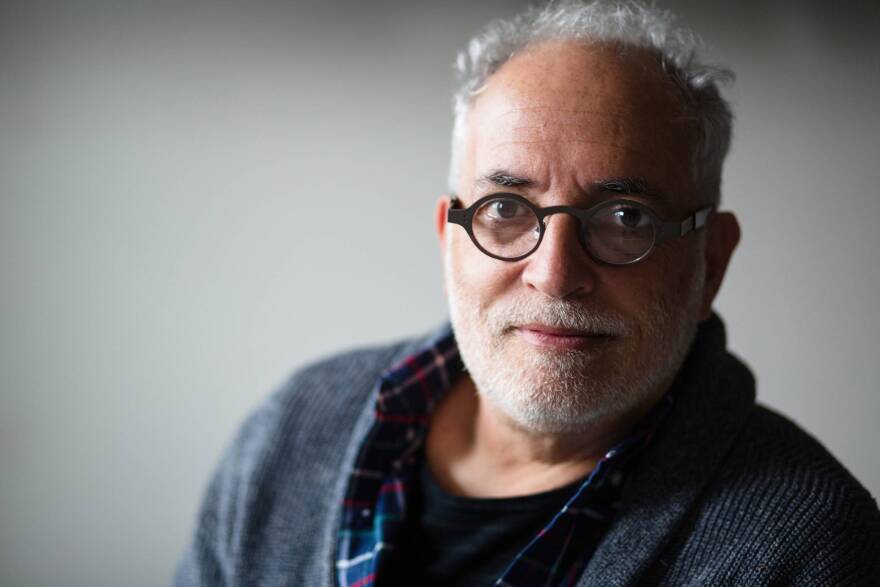"I like 'em brown, yellow, Puerto Rican or Haitian/Name is Phife Dawg from the Zulu Nation," rhymes the late MC Malik Izaak Taylor, aka 'Phife Dawg,' of the hip hop group A Tribe Called Queston the track Electric Relaxation.
Warning: This video contains uncensored language.
https://www.youtube.com/watch?v=WHRnvjCkTsw
The oft-playful, sometimes political and always authentic grooves of A Tribe Called Quest are the subject of a collaboration between local musicians in Milwaukee. Tribe UNCOVERED is one in a series of compilation performances in which local musicians and producers re-interpret the songs of distinguished artists.
The series began at Alverno Presents in 2013, but now is within the purview of the Pabst Theater Group. David Ravel is director of the Uncovered series and local hip hop artist Kellen Abston, aka Klassik, is the curator of Tribe show.
The inspiration for the series "was instigated by questions that we had about the American songbook: what is it? who merits inclusion? and why? To test it out, we came up with the premise that you can discover the intrinsic strength of a song through reinterpretation," Ravel explains.

Klassik says that he wanted to answer all these questions and more, making the case for not only Tribe, but also for hip hop in general to be placed in the American songbook-- something that even Ravel said that he was initially wary of.
"I didn't understand how that material could be reinterpreted," Ravel admits. "I thought that those songs were so closely aligned to their original performances that I didn't know how you would take a different line of attack on it."
Klassik stepped up to the challenge in part by working to prove a third point: the parallel of jazz/funk and hip hop.
"[Both jazz and hip hop] are about layers, taking motifs, small ideas and using them to create a structure," he explains. "...[Freestyling] is actually jazz improv with words...a jazz musician would run scales or you learn a certain line and you practice it in all 12 keys, and then you learn it backwards. With rap, it's the same thing: you build a vocabulary, you have certain rhyme schemes and apply them in different contexts."
One of Klassik's aims with the Uncovered show is to highlight Tribe's conversational approach to their lyrics, which he says was the antithesis to the west coast gansta rap that was coming up at the same time. "The thing that makes their lyrics approachable wasn't the lyrics themselves, it was how they approached their songs, the things they chose to talk about," he says. "I challenged [the local MCs] to write in the spirit of that without copying it."
In curating this show, Klassik doesn't just focus on Tribe's lyrical creativity, he also centers in on sampling - primarily the deep funk, jazz and foreign records that Tribe used.
The original samples that Tribe used are re-created by the Uncovered house band. "Each of our beginning rehearsals, we would sit down with a group of the original samples and sit and listen to them," recalls Klassik. "We came up with new arrangements based on the original sample."
"That's the art of the sample," he says. "Bringing very obscure materials and creating something completely relevant and new."
Ravel says that now, "it is abundantly clear to me what hip hop's place in the cannon is... and the conversation that is continued."
Tribe UNCOVERED happens Friday, January 20 at Turner Hall Ballroom.







